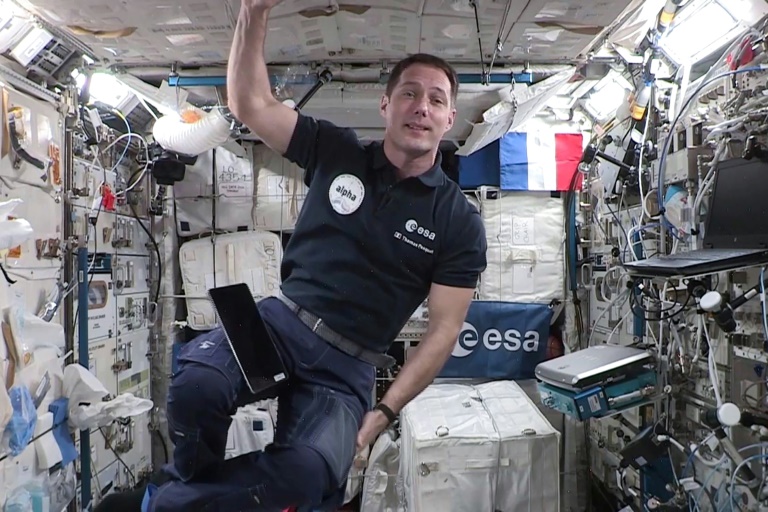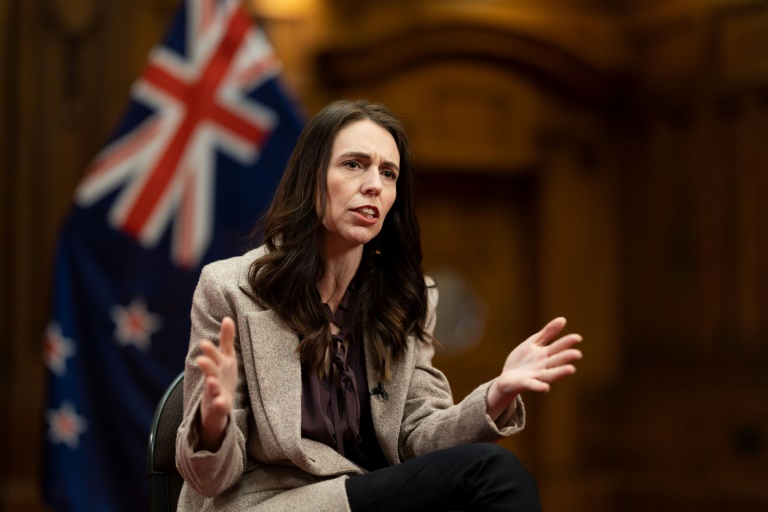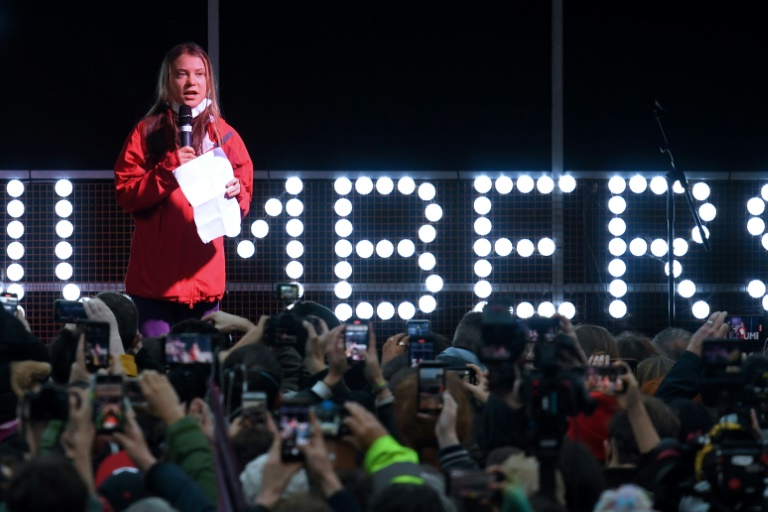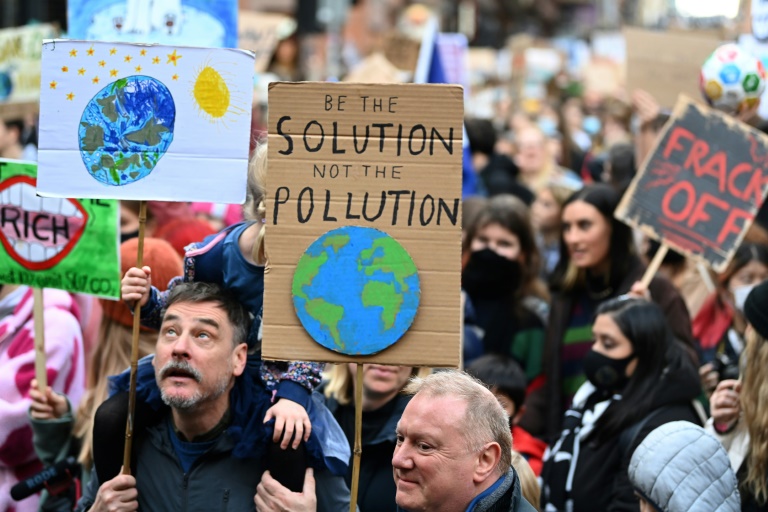Glasgow braces for climate protests on global day of action
Glasgow was on Saturday bracing for a second day of protests against what campaigners say is a lack of urgency to address global warming after Greta Thunberg labelled the crunch UN climate summit there a “failure”.
Organisers and police said they expected up to 50,000 people in the streets of the Scottish city as part of about 200 protests worldwide demanding immediate action for communities already hit by the fallout of our heating planet.
Delegates from nearly 200 countries are in Glasgow to hammer out how to meet the Paris Agreement goals of limiting temperature rises to between 1.5 and 2 degrees Celsius.
At the halfway stage of the COP26 negotiations, some countries have signed up to pledges to reduce their greenhouse gas emissions, with separate deals on phasing out coal, ending foreign fossil fuel funding and slashing methane.
The promises followed a major assessment that showed global CO2 emissions are set to rebound in 2021 to pre-pandemic levels.
Activists were unimpressed during Friday’s march.
“They cannot ignore the scientific consensus and they cannot ignore us,” said Thunberg.
“This is no longer a climate conference. This is now a global greenwashing festival.”
Security has been boosted around Glasgow’s locked down city centre ahead of Saturday’s march, which is expected to draw a variety of groups including Extinction Rebellion.
“Many thousands of us are marching right across the world today to demand immediate and serious action,” said Scottish activist Mikaela Loach.
“We’re clear that warm words are not good enough — and that the next week of talks must see a serious ramping up of concrete plans.”
– ‘Can’t go on today’ –
COP26 negotiations will continue on Saturday before taking a pause on Sunday ahead of what is shaping up to be a frantic week of shuttle diplomacy, as ministers arrive to push through hard-fought compromises on a number of issues.
Countries still need to flesh out how pledges made in the Paris deal work in practice, including rules governing carbon markets, common reporting timeframes and transparency.
Countries came into COP26 with national climate plans that, when brought together, put Earth on course to warm 2.7C this century, according to the UN.
With just 1.1C of warming so far, communities across the world are already facing ever more intense fire and drought, displacement and economic ruin wrought by global heating.
Brianna Fruean, a Samoan member of the Pacific Climate Warriors, who addressed a world leaders’ summit at the start of COP26, said it was time for leaders to take note of protesters’ demands.
“It can’t go on like this,” she said.
“We refuse to be just victims to this crisis. We are not drowning, we are fighting and on Saturday the world will hear us.”










